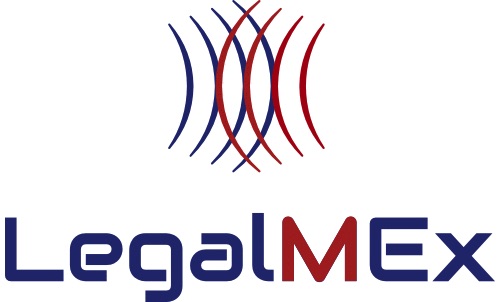There is a professional and ethical obligation to find out what our patients want to know as well as what you think they need to know. Going on from the Supreme Court judgment in the Montgomery case, there is now legal obligation to do the same. Consent is not a matter of bombarding the patient with technical information or a smorgasbord of choices that are either specifically related to the patient or tossed into the conversation simply to fulfill the ethics of giving all the options or appropriate for the clinical situation.
The best known definition of ‘consent’ comes from the Department of Health which says it is “the voluntary continuing permission to the patient to receive particular treatments, it must be based upon the patient’s adequate knowledge of the purpose, nature, likely effects and risks of that treatment including the likelihood of its success and a discussion of any alternative to it including no treatment.” Montgomery replies that clinicians translate their professional knowledge into something meaningful for the average patient. The dentist is required to inform their patient about risks which the individual sitting in the chair would be likely to attain significance to. Unless the patient is informed of the comparative risk of different procedures, they would not be in the position to give their fully informed consent to one procedure rather than another. However, dentists are not paid for treatment planning and giving alternatives, but only for treatment.
The consent checklist involves:
- Is the patient old enough and capable of making decisions?
- Have I given the patient sufficient information about the treatment?
- Does the patient understand what treatment they have agreed to?
- Does the patient know their risk susceptibility status?
- Does the patient know what their own involvement is?
- Does the patient understand the risks and benefits of the treatment?
- Has the patient been given alternatives?
- Does the patient understand all the costs involved?
- Have I provided any written information about the treatment and preventive procedures?
A patient must prove there was a breach of duty of care in failing to reach the standard of care expected and they suffered harm/losses as a result (causation) and that harm was foreseeable and not to remote.
The key issue is what the standard care pertaining to the time for that particular clinical situation was and whether the dentist did something a reasonable dentist would not have done alternatively did not do something a reasonable dentist would have done in that particular situation. This is the ‘Bolam Test’ and still a relevant standard that applies some 60 years after the judgment was handed down.
The law does not expect the dentist to be aware of every recent development in medical science but they would however expect that the procedure or technique has become well proven and well accepted before it is adopted.
The GDC however expect clinicians to provide good quality care based on current evidence
